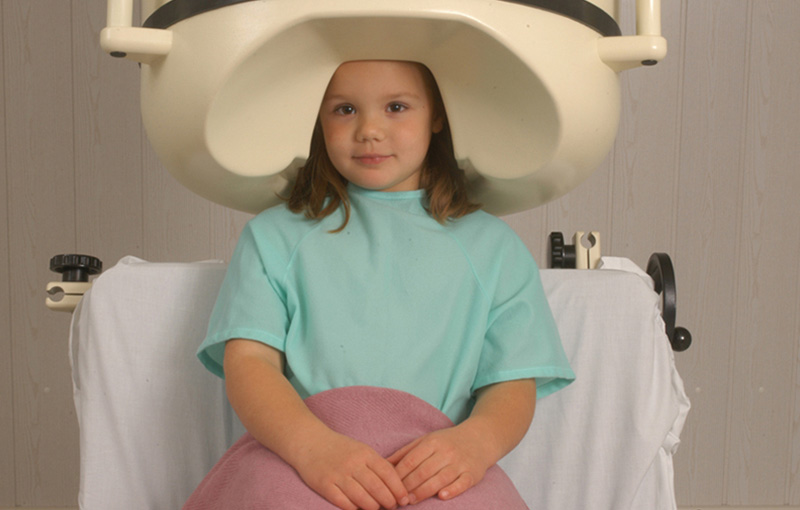Devices for Epilepsy
James White, MD , Kinshuk Sahaya, MD, FAAN, FAES
Approximately 30% of patients with epilepsy continue to have seizures despite trying several anti-epileptic drugs. These 30% of patients is considered to have intractable epilepsy. Some of these patients can have surgery for their seizures- this is where a surgeon removes a piece of brain tissue to remove the seizure focus. This type of surgery (called ‘resective surgery’) can be very helpful—in some cases, > 70% of patients would be expected to be seizure free.
So, what about the patients who do not respond to seizure medications and also are not resective surgery candidates? What do they do? Such patients may be considered for a device to treat their seizures. A device for epilepsy is something that is placed into a patient by a surgeon. The device is programmed to perform a function that helps reduce seizures.

Currently, there are three FDA approved devices for epilepsy. A brief description of each of these three devices may be of interest. The three devices described in this article can reduce the frequency and intensity of seizure activity, but they are not expected to stop seizures completely. Obviously, this is important for patients to know. For example, the devices are not expected to stop seizures to the point where patients may be able to drive. The devices are also not a replacement of medicines. It is not expected that the patient will be able to come off medicines after placement of the device. At the same time, successful outcome with device may help to reduce the dose of some medication and or reduce the need of addition of more medicines in future.
These devices do not have the same side effects that medicines usually have (e.g. grogginess, tiredness). Each device has its own side effects which are also discussed in the links below:
